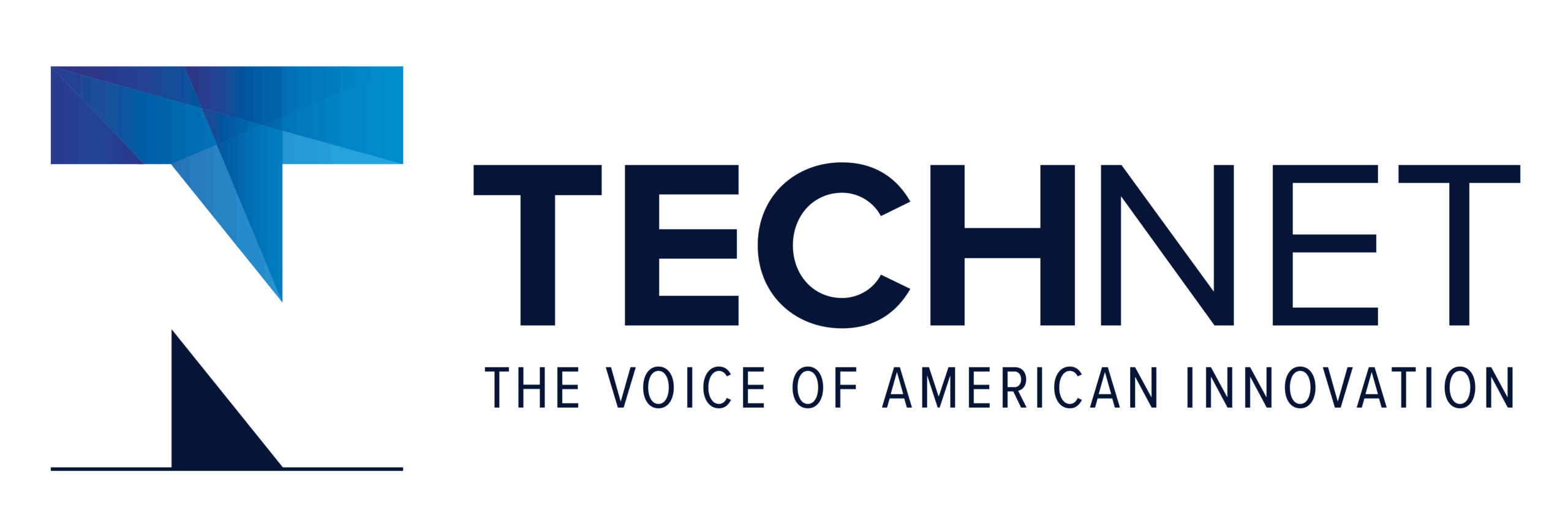Washington,
D.C. — TechNet, the national, bipartisan network of innovation
economy CEOs and senior executives, today welcomed the inclusion of the Clarifying
Lawful Overseas Use of Data (CLOUD) Act of 2018, as part
of the FY 2018 omnibus appropriations bill.
The CLOUD Act would modernize laws
enabling law enforcement to seek data stored in other countries, provide strong
privacy protections around access to data, enhance human rights protections,
and maintain a robust role for Congress and the judicial system in overseeing
agreements to obtain data.
“This is a golden opportunity for
Congress to finally modernize our online privacy laws to better account for the
important innovations that have been developed over the past three decades,
particularly in cloud computing,” said TechNet
President and CEO Linda Moore. “Passing
the CLOUD Act would safeguard our citizens’ privacy rights, ensure law
enforcement has the tools they need to protect us, enhance cooperation between
governments, and give Congress significant oversight power to make sure the law
is properly enforced. We’re also
encouraged that improvements have been made to stress the importance of
preventing governments from forcing U.S. companies to create encryption
backdoors.
“We appreciate all the efforts made by Senators Orrin Hatch, Chris
Coons, Lindsey Graham, and Sheldon Whitehouse and Representatives Doug Collins,
Hakeem Jeffries, Darrell Issa, Suzan DelBene, Tom Marino, John Rutherford, and
Val Demings to educate their colleagues on the importance of the CLOUD Act and for
getting it included in the omnibus,” added Moore. “We
strongly encourage Congress to pass this bill as soon as possible.”
TechNet is part of a broad coalition
supporting the CLOUD Act of 2018 and last month signed an industry
letter to Congress in support of passing the
legislation.
The CLOUD Act of 2018 includes the
following measures:
- Reduces international conflicts by incentivizing bilateral agreements between governments for cross-border criminal and terrorism investigations.
- Recognizes that governments around the world must raise international privacy and human rights standards, and engage with each other to resolve international conflicts of law.
- Balances the interests of cloud customers and data holders by ensuring they are protected by their home country’s privacy laws.
- Eliminates impediments to combatting serious crimes by resolving conflicting legal obligations on technology companies and providing a clear pathway for law enforcement to obtain evidence.
- Establishes procedures for cloud providers to seek additional court review of any warrant that creates a legal conflict with a country that is covered by a bilateral agreement.
- The revised bill now includes a strong statement about the importance of preventing governments from using this process to mandate U.S. companies to create encryption backdoors.
The revised bill enhances Congress’ oversight powers to review future bilateral agreements negotiated in accordance with the CLOUD Act. Specifically, the revised bill:
- Expands the congressional review period from 90 to 180 days.
- Creates an expedited procedure for Congress to disapprove of bilateral agreements, if it chooses to do so.
- Mandates that any changes or amendments to an already-approved bilateral agreement automatically trigger a new 90-day congressional review period.
- Requires written certification and an explanation from the U.S. Department of Justice on how a foreign country satisfies the threshold human rights and rule of law requirements for a bilateral agreement.
